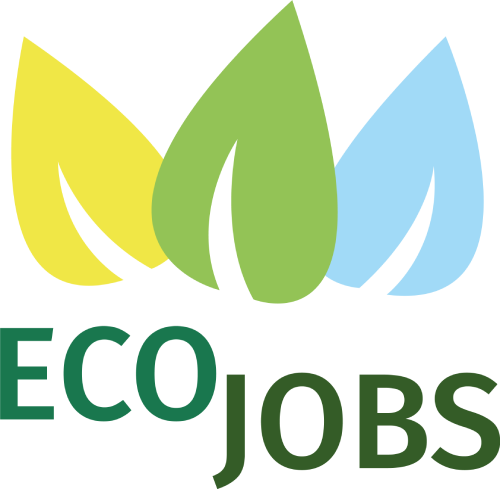As the global shift toward sustainability accelerates, the demand for skilled professionals in green industries is continously growing. In the ECO-JOBS project, Work Package 2 (WP2) plays a crucial role in identifying emerging eco-job profiles and aligning them with the principles of the New European Bauhaus (NEB). This effort ensures that future professionals are equipped with the right skills and knowledge to thrive in a greener economy.
What is WP2?
WP2 (Work Package 2) is dedicated to mapping the green transition and defining key competencies required in sustainable sectors. By engaging with industry representatives, policymakers, and educators, WP2 ensures that training materials and educational frameworks reflect the real needs of the labor market. This includes monitoring green job trends, analyzing skill gaps, and developing international reports to inform future training initiatives.
10 New Eco-Job Profiles
Through extensive research and collaboration, WP2 has identified 10 emerging eco-job profiles that are shaping the future workforce. These roles address pressing environmental challenges while promoting innovation, resilience, and sustainability. Below are the 10 eco-jobs that are gaining traction in the green economy:
- Sustainable Construction and Energy Integration Engineer – Specializes in designing and implementing energy-efficient construction methods that integrate renewable energy sources.
- Renewable Energy Systems Integrator – Focuses on combining multiple renewable energy sources into efficient, resilient energy grids.
- Urban Ecosystem Resilience Architect – Designs urban spaces that enhance biodiversity, reduce climate risks, and improve environmental resilience.
- Scenographer of Permanent Eco-Urban Theatre – Creates immersive, sustainability-focused urban experiences to engage communities in environmental awareness.
- Sustainable Bio-Textile Engineer – Develops eco-friendly textiles using biodegradable and renewable materials to promote circular fashion.
- Recycling Immersive Experience Developer – Designs interactive, educational experiences to encourage recycling and waste reduction.
- SDiGis-thon Manager – Leads sustainability-driven digital hackathons (SDiGis-thons) to develop innovative green solutions.
- Stormwater Manager – Plans and manages systems that mitigate flooding and improve water conservation in urban environments.
- Urban Farmer – Integrates agriculture into city spaces, promoting local food production, biodiversity, and green infrastructure.
- Sustainable Tourism Data Analyst – Uses data analytics to measure and improve the environmental impact of tourism, guiding businesses toward sustainable practices.
Aligning with the New European Bauhaus
Each of these roles is closely connected to the New European Bauhaus initiative, which merges sustainability, inclusivity, and aesthetics. WP2 ensures that training programs incorporate NEB values, fostering a workforce capable of tackling environmental challenges while designing a more beautiful, resilient, and sustainable Europe.
The Road Ahead
By defining these new eco-job profiles, WP2 contributes to shaping a future-ready workforce that can drive the green transition. The next steps involve developing training content, producing educational materials, and ensuring accessibility for diverse learners.
Stay tuned for further updates as ECO-JOBS continues to help create a more sustainable and inclusive labor market.


